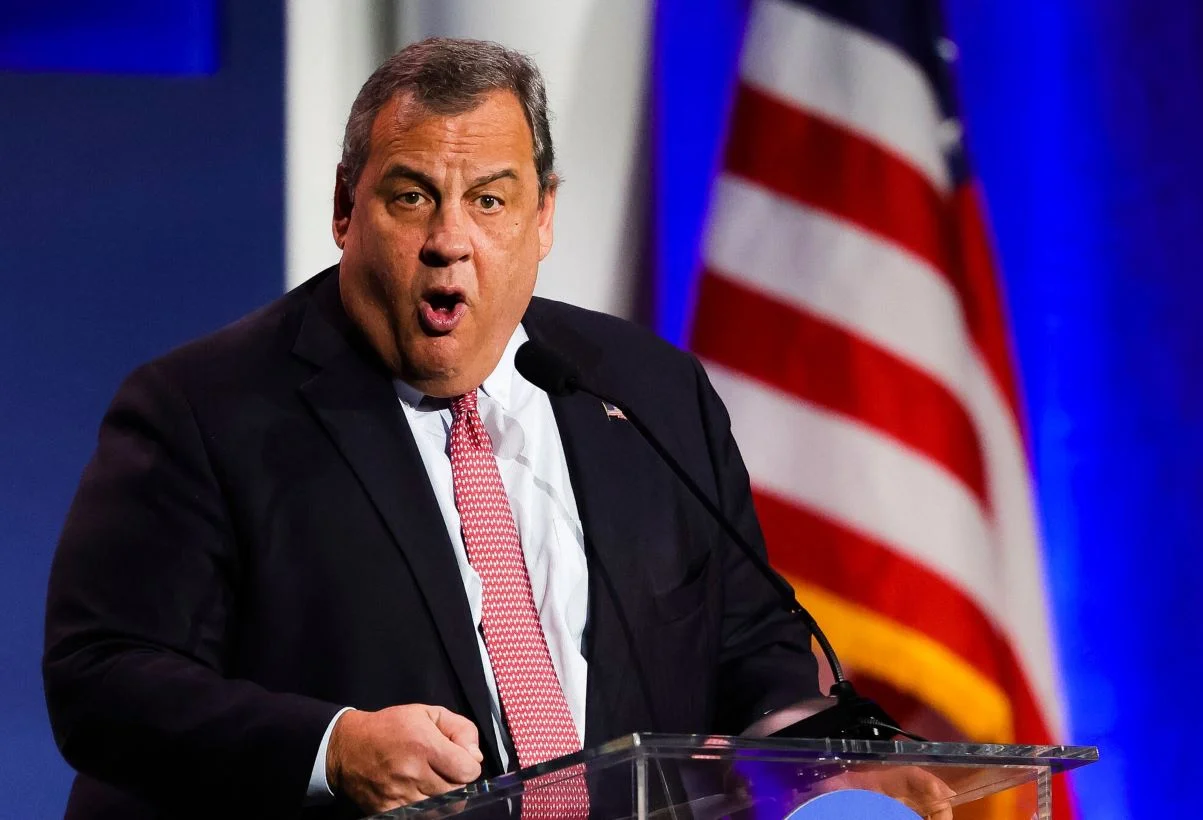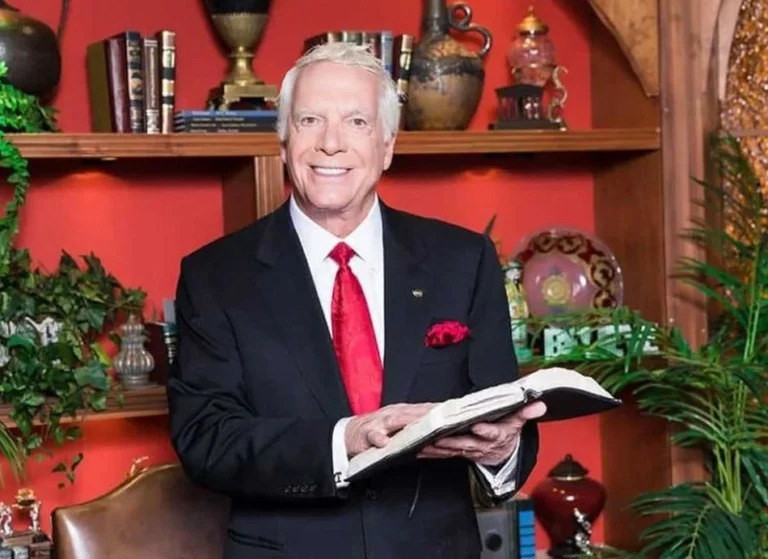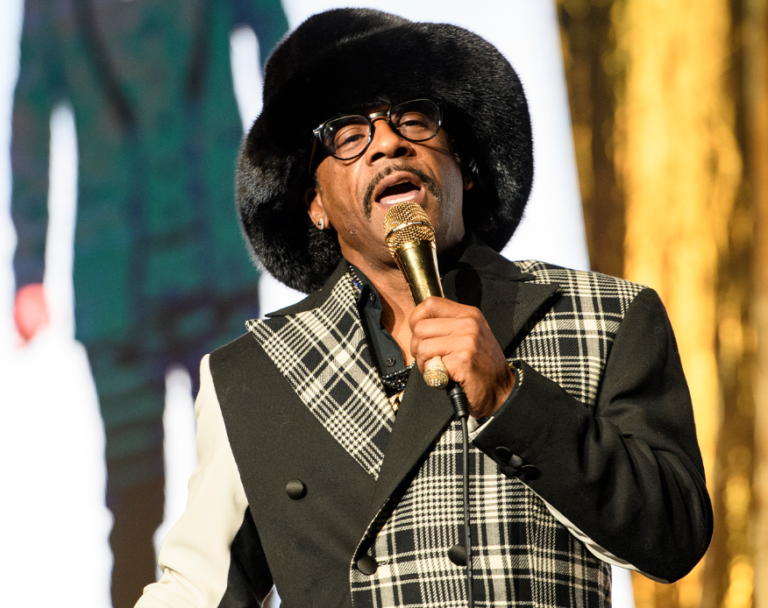The Political Journey of Chris Christie: From Governor to National Figure
A fearless and vocal presence in American politics, Chris Christie is renowned for his straightforward manner and no-nonsense stance. While serving as New Jersey’s governor, he became well-known for taking on difficult problems and making difficult decisions—often with a unique sense of humor. He moved from state politics to the national arena, but his unrepentant demeanor and charismatic personality have kept him in the public eye.
Christie is a notable and occasionally contentious leader because of his capacity to elicit strong emotions, whether he is challenging political rivals or running for president. Whether you like him or not, he has always been a politician who doesn’t hesitate to voice his opinions and make changes.
1. Early Life and Political Beginnings
Chris Christie grew up in the neighboring town of Livingston after being born in Newark, New Jersey, in 1962. He has a long family heritage in New Jersey that dates back many generations. Christie had a strong sense of discipline in his early years, which he continued into his political career. He laid the groundwork for his future in politics by graduating from the University of Delaware and then attending Seton Hall University to obtain his law degree.
Christie originally entered public service as the U.S. Attorney for New Jersey in the late 1990s, marking the beginning of his political career. After being appointed by President George W. Bush, he became known for taking a tough stance against organized crime and corruption. Christie was able to enter the public eye as a rising Republican star thanks to this job, which also helped him establish the reputation he would later use to win the governorship.
Christie, a new elected official, didn’t simply accept the established quo. His straightforward and unyielding style would characterize a large portion of his political career. Because of his work as the U.S. Attorney and his ability to cut through bureaucratic red tape, Christie was well-known in the state by the time he ran for governor in 2009.
2. Governor of New Jersey: A Defining Chapter
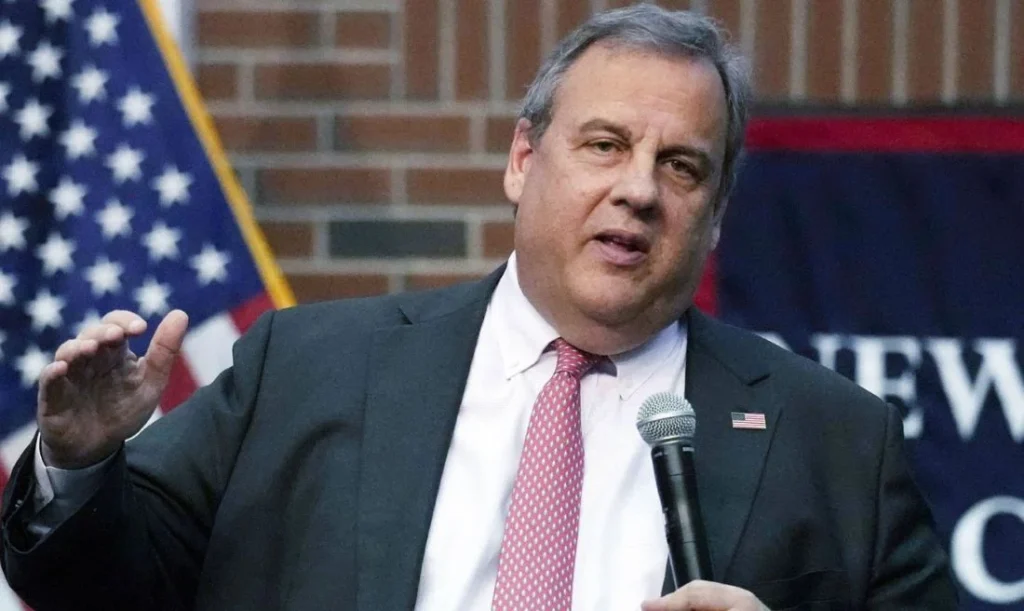
During his time as governor of New Jersey from 2010 to 2018, Chris Christie made audacious choices that garnered both national notice and mixed reviews. Addressing the state’s fiscal situation, which had been made worse by expanding expenses and a widening deficit, was one of his first significant actions as governor. Christie’s plan included both significant cuts and changes, with a focus on state spending, healthcare, and pensions for public employees. Although he was praised by fiscal conservatives for his tough-minded approach, unions and liberal organizations also targeted him.
Christie gained notoriety in the aftermath of Hurricane Sandy in 2012, which went beyond the budget. Working with President Obama to gain federal help for recovery operations, his handling of the crisis marked a turning point in his career. He received acclaim from both parties for his cooperative attitude with the Obama administration, demonstrating his readiness to cooperate when needed. But among some of his more conservative fans, this same alliance also caused controversy.
There were several controversies during Christie’s tenure as governor, chief among them being the “Bridgegate” affair in 2014. In the controversy, his administration was accused of retaliating politically against a political competitor by blocking access lanes to the George Washington Bridge. Despite his denials, Christie’s reputation was somewhat damaged by the controversy, which prompted inquiries and public attention. Christie continued to play a significant role in New Jersey politics in spite of the defeat, frequently using his track record of leadership to support his choices.
3. 2016 Presidential Run: A Short-Lived But Impactful Campaign
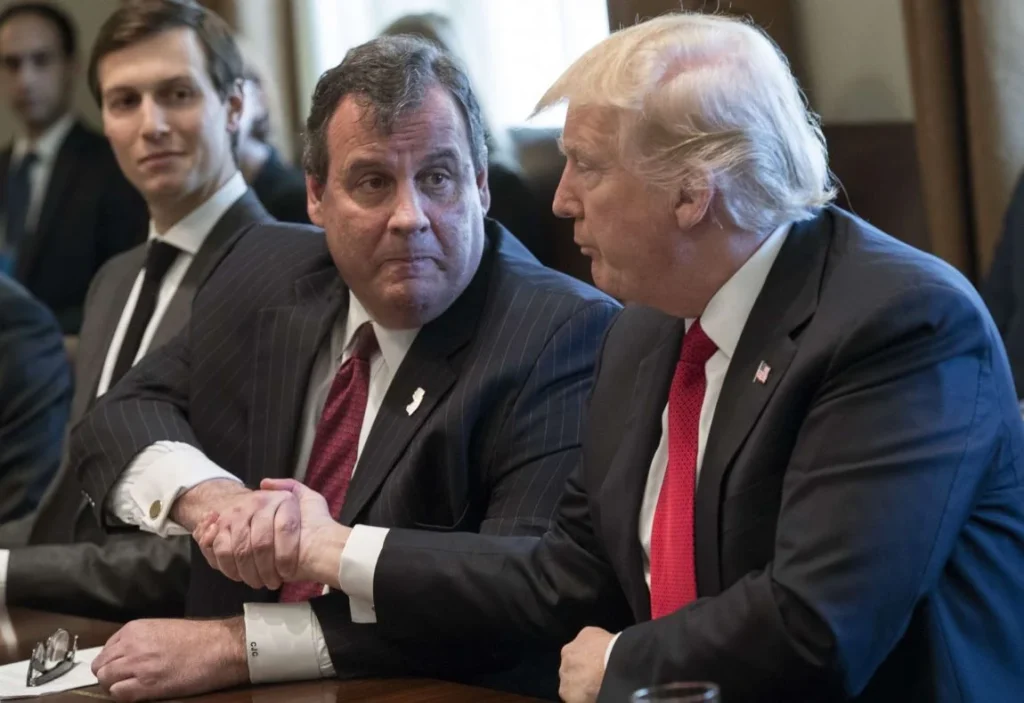
Chris Christie came into the 2016 Republican presidential contest with great expectations, presenting himself as a tough-talking, realistic substitute for the more conventional contenders. His candidacy emphasized his expertise as a governor, especially in overseeing a financially distressed and politically divided state. Some Republican voters responded favorably to Christie’s direct language and combative demeanor, and his debates were remembered for their acerbic clashes with opponents.
Christie’s campaign, however, found it difficult to establish traction in the face of Donald Trump’s ascent, despite early optimism. After withdrawing from the campaign in February 2016, he made a pivotal choice to support Trump, demonstrating his devotion to the party’s front-runner and his practical approach to politics. Christie served as Trump’s counselor and surrogate during his campaign, which helped cement his place in the national political discourse, even though his bid for president ended abruptly.
Despite the brief duration of his 2016 presidential campaign, Christie’s performance in the contest had a lasting impact on his political career. It strengthened his reputation as a warrior who would take on the most difficult tasks, even when the odds were stacked against him. Even though the general electorate had mixed opinions about his direct approach to politics, his participation in Trump’s campaign and his ongoing media presence kept him prominent.
4. Public Persona: Tough, Controversial, and Unapologetic
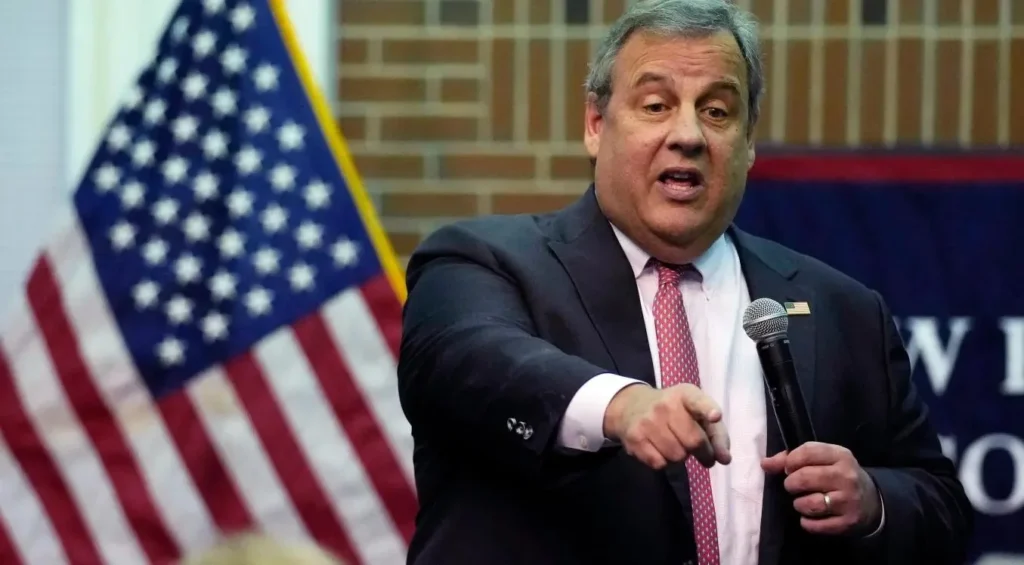
In American politics, Chris Christie has always been a titan, renowned for his bold, unrestrained approach. He stood out in a crowded political field thanks to his direct and frequently aggressive style, which won over supporters fed up with the standard political jargon. Christie gained both lovers and critics for his sharp tongue and quick wit, which became hallmarks of his public character.
Christie’s strategy occasionally caused resentment among some members of the political and media elite, particularly when his tone was perceived as condescending or haughty. However, these same traits made him approachable to many of his supporters—someone who didn’t hesitate to speak the truth, even when it wasn’t popular. Although it infuriated some, Christie gained the respect of many for his readiness to challenge long-standing political interests and expose the shortcomings of both Republicans and Democrats.
Christie’s unrepentant attitude is arguably one of his most remarkable traits. Christie rarely backs down from a confrontation, whether it’s an unpleasant policy decision or a heated exchange with a reporter. Although his uncompromising stance has made him one of the most divisive personalities in contemporary politics, it has also enabled him to retain a devoted following of admirers who respect his bravery and sincerity.
5. Post-Governorship: A Continued Influence
Chris Christie remained active in politics after he left office in 2018. He switched to become a public speaker, author, and commentator instead. He gained recognition in the media for his frank analysis of both political parties, and he now often appears on television and writes opinion pieces. Christie has become a sought-after voice in national discussions due to his insights on political strategy, government, and his tenure in the Trump administration.
Christie has remained active in New Jersey politics, giving counsel and direction to his fellow Republicans in addition to his media appearances. Despite not running for politics again, he still has a lot of influence, especially among Republicans who value his pragmatic approach to leadership.His place in contemporary political history has been solidified by his involvement as a pivotal character throughout the Trump administration.
Christie has also reflected on his career and added to public discourse in the years following his term as governor. He describes his political trajectory and provides frank insights into his life in the spotlight in his 2019 memoir, Let Me Finish. Even though his post-gubernatorial career has been more subdued than his tenure in office, it demonstrates that he is still an influential and active player in determining the direction of American politics.

